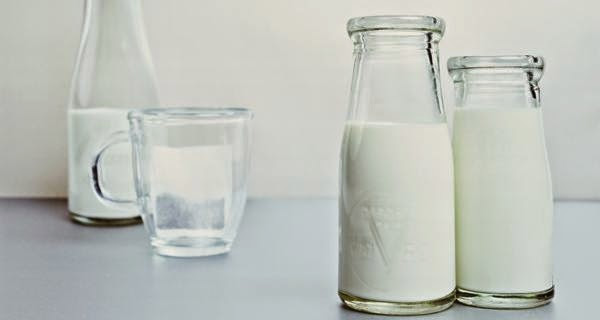
“I would say for the most part, I am pro-milk,” Kara Trochta, MDS, RDN, LD, Registered Dietician and Nutritionist at the University of Texas, Health Science Center in San Antonio, Texas said.
But Beverly Meyer, MBA, Clinical Nutritionist and Holistic Nutritionist said, “We’re not genetically evolved to process the proteins, fats, and sugars in cow’s milk.”
Some say it’s healthy, others say it’s not. The big concern is the antibiotics found in cows.
“Because the animals are confined, they’re eating a bad diet, they’re sick and they live, literally, on high doses of antibiotics,” Meyer explained.
Meyer says antibiotics in cow’s milk aren’t the only problem.
“What does pass into the milk is something called insulin-like growth factor-1, or IGF-1. This is a substance that we know causes cancer,” Meyer said.
Trochta isn’t convinced about the IGF-1 claim, or that antibiotics present any danger. She wants to see more scientific studies.
“While there are single studies that are groundbreaking, I don’t think we can necessarily change our eating patterns based off of a single study,” Trochta told Ivanhoe.
What about calcium? There’s no debate that milk has it, but whether it helps prevent bone loss is being debated.
Meyer said, “There are large studies that show that there is no decrease in the amount of hip and other bone fractures in populations drinking larger amounts of milk.”
Exercise also influences the number of bone fractures.
“Our diet affects our bone health, but also the amount of physical activity that we’re doing,” Trochta said.
So, the debate continues.
Trochta believes, “The cons don’t really outweigh the pros of this at this point.”
Milk produced in the United States is routinely tested for any trace of antibiotics, and poured out if any is found. But critics say the tests don’t detect all types of antibiotics. The debate goes on.